Business as usual for the cruise industry? The
topic of Brexit came under scrutiny on the second day of SEATRADE CRUISE and
RIVER CRUISE COVENTION - currently underway in Hamburg, Germany.
The general consensus among the industry leaders is one of “business
as usual”. None of the cruise companies has reported any negative impact up to date on
customer confidence and booking behaviour changes on account of the
impending Brexit. The UK cruise business is still booming.
by Earl of Cruise
Brexit, Great Britain, the eventually no longer United Kingdom and EU
Although the biggest threat to the industry is one of uncertainty, "Fourteen months into the process we still don’t know anything about
Brexit," said Tim Reardon, Policy Director - Taxation, Ferry and Cruise,
UK Chamber of Shipping. "But all the indications suggest Brexit makes no
difference to cruise business."
Others in the industry share this view. "The business is buoyant,"
said Stuart Leven, Vice President, EMEA and Managing Director, RCL
Cruises Ltd.
"We have not seen any indication at all of the negative
impact on customer confidence. Customers are resilient. I think one area
of concern is the short-term currency fluctuation. The buoyancy remains
as we go through the process. We are now selling cruises for after the
three-year moratorium period of Brexit. There is no indication of
slowing down."
Leven also pointed out possible benefits of Brexit for the UK cruise
business. "We always see the pitfalls," he said, "but there could be
benefits from Brexit. We just need to keep our focus as we go through
the process," he went on. "We are not making any itinerary changes
because of Brexit."
Looking at the broader picture there appears to be no changes based
on Brexit. However, examining Brexit in detail, there are many questions
need to be answered, especially those concerning free movement of
passengers and labour. "I don’t think anybody will go mad and start to
raise barriers," said Thanos Pallis, Secretary General, MedCruise. "There might be some adjustments relating to customs control and
duty-free sales, for example, but no major worries concerning the
arrival of British passengers in short to medium term. In the longer
term, everything will settle down in time once we have a clearer
picture."
P&O high density newbuilt - courtesy P&O CRUISES
The question of proposed visa requirement for UK citizens travelling
to other EU countries was raised perfunctorily and dismissively. But it
does not seem to have deterred either the cruise industry or its
customers. If anything, the post-Brexit investment in the UK is
intensifying. "We have shipping clients who are investing heavily in the
UK and growing even though there is a looming Brexit," said Javed Ali,
Legal Consultant, Hill Dickinson. "We have clients from Italy who are
relocating 400 staff to the UK." As it will become difficult catering passengers with an EU based company from the EU in Great Britain.
Neither the UK government nor EU has said anything to the cruise
industry about Brexit. So uncertainty and currency fluctuation it brings
are the only threats perceived by the industry for the moment. On the
whole it is business as usual as far as Brexit is concern.
"But cruise ships could boykott Britain after Brexit," warns maritime UK boss David Dingle ahead of London Shipping Week! The warning comes as industry bosses prepare to meet Theresa May in Downing Street.
Cruise ships from across the world regularly dock in Southampton - courtesy P&O CRUISES
"Cruise ships could boycott Brexit Britain if tough new
immigration rules are slapped on passengers," an industry chief warned
today. A delegation of shipping bosses will press
Theresa May to ease fears of “strait- jacket” restrictions on migration
as Great Britain quits the EU.
Industry
tycoons, including foreign-based billionaires, will highlight the
potential impact on the sector of leaving the bloc when they meet the PM
in No 10 on Monday - the start of London International Shipping Week.
Maritime
UK boss David Dingle raised fears of miles of queues at Channel ports,
delays for cruise passengers and a damaging hit to the economy unless
protections are secured for British shipping.
David Dingle
was appointed Chairman of Carnival UK in October 2014, having previously held
the position of CEO from June 2007 with full operating responsibility for the
UK-based brands P&O Cruises and Cunard. He entered the shipping
industry in 1978 when he joined P&O’s Passenger Division.
David is a
Director and Past President of the UK Chamber of Shipping, and a Board member
of the European Community Shipowners Association (ECSA). He is also
Past Chairman of the European Cruise Council (now CLIA Europe), sits on the
CLIA Europe Executive Committee as Vice Chairman and chairs its Tax
Committee. David is a Younger Brother of Trinity House and holds an Honorary
Doctorate in Business from Plymouth University.
|
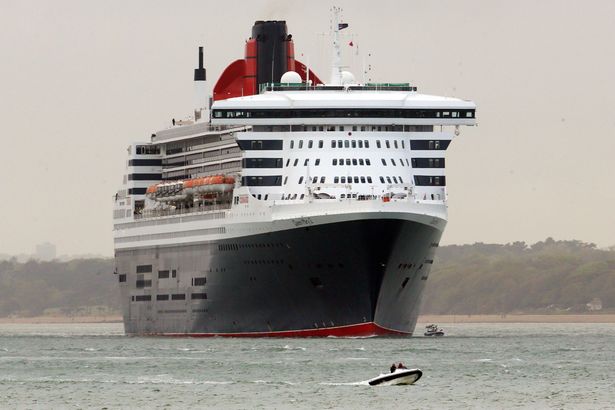
Cunard's Queen Mary 2 is part of Carnival UK - image courtesy Steve Parsons PA
Mr Dingle, who is also chairman of cruise line Carnival UK,
said: "Our German brand has a cruise ship operating a round trip from
Hamburg, and on the Monday of every week they call in Southampton. They
rely on getting the ship cleared and the passengers cleared to come
into the UK really, really fast because they’re only in for one day and
they’re operating tours to London and back. That’s five
hours on a coach, six hours going around the sights, they’ve bought the
T-shirt, got the badge and they’re back on board in time for dinner. That’s 3,000 people you’ve got clear off that ship and back on again. If
you had to have a really elongated and laboured passport check of those
people, frankly my German brand would not bother to call in a UK port. That means loss of money to the UK."
This is the answer too I heard from other cruise companies based in Europe/EU. Even from those with smaller ships and passenger numbers. They don´t want their passengers to endure such procedure. One said, that he is expecting a controlling level as if they have to cross the boarder to communist former German Democratic Republic / GDR.
"Each
cruise passenger arriving in the UK spends ashore an average of € 60.00 on a
trip - denying the economy £ 180,000.00 each time a ship fails to dock in
Britain," David Dingle said.
And foot passengers on cross-Channel
ferries could be subjected to lengthy checks unless the UK agrees to
maintain “exchange of customer data - vital details about people” with
the EU, said Mr Dingle, whose line operates 104 ships, including QUEEN MARY 2.
Passengers disembarking in Britain could face lengthy passport checks, Mr Dingle fears - courtesy CUNARD
"If the UK is no longer party to all those information
exchanges, you need to gather much more information on the spot, you
need to scrutinise each person coming into the country rather
differently - and that can take a lot longer," David Dingle said. "Getting foot passengers on and off ferries is going to be a challenge."
Passengers using their cars to and from the continent could be subject to extra checks under a Brexit deal, Mr. Dingle believed. And
he warned of huge queues at ferry ports if customs officials are forced
to check all lorries travelling between the UK and the continent.
It may eventually happen too, that France won´t keep back any longer refugees off at Calais boarding lorries for the tunnel, as at present France is holding back these refugees back from crossing the chanel to Britain. British politicians deliberately put this burden on France in first place to hold these refugees off of Great Britain.
The cross chanel trains, today you have to change the train in France, comming from the south or other destinations, and have to board a "special British train". An absurd move back to times when we had closed boarders in Europe.
And the last attacks did show, the terrorist are home grown!
But in times of fear politicians are deliberatley setting all citizens on the same level as terrorists ... if a state starts fearing his citizens, or in general suspicion, then something severe went wrong!
Operation Stack on the M20 already sees lorries parked up on the motorway to Channel Ports - courtesy Gareth Fuller PA
"Channel ports like Dover would be unable to cope with
hundreds of trucks backed up waiting to be inspected, unleashing
“massive congestion and massive delays," said Mr. Dingle.
But
he was “very, very nervous” about potential plans for a possible revenue and customs computer system to check goods being exported and
imported, doubting it would be ready inside two years. And
he painted a doomsday scenario of Britain having to build new roll-on,
roll-off ferry ports with lorry parks where wagons can be checked.
"Foreign
labour is key to the success of the shopping industry, which is worth
£ 17billion to the British economy and employs 500,000 workers," Mr. Dingle
admitted.
Officials could end up carrying out checks on thousands of cruise companies passengers, according to the Maritime UK chief - courtesy PA
"We absolutely rely on being international and we do rely on a type of freedom of movement,” Mr. Dingle said. "We
would be nervous about any immigration policy which prevents us from
allowing to bring into this country people who are from other parts of
the world, who are important to the growth and success of our industry,
which in turn means greater opportunity, greater success, greater
economic wellbeing to the people of this country.”
He
blasted a leaked immigration plan drawn up by the Home Office which
would be introduce tough new restrictions on some foreign workers. Mr Dingle also believed deadlocked Brexit negotiations were being overshadowed by point-scoring.
"Pragmatism seems to be losing out to politics,” Mr. Dingle said, accusing the UK and EU of "a remarkable lack of mutual understanding. Brussels finds it hard to disentangle the practical issues from the emotional issues," David Dingle claimed.
But on the other hand, British offers had not been concrete, or based on real facts. And Britain is permanently mingeling future aspects with actually to solve ... Brtish politicians still don´t tell the truth about Brexit results or impacts to the public. They themselves don´t know what Brexit means, or is threatening ... This started decades ago, when European benefits had been claimed by British politician´s achievements. And irrational fake articles written by Borris Johnson, when he was a new correspondent.
In any crisis is a chance, and I really hope it will turn out in a good way, not in a negative!


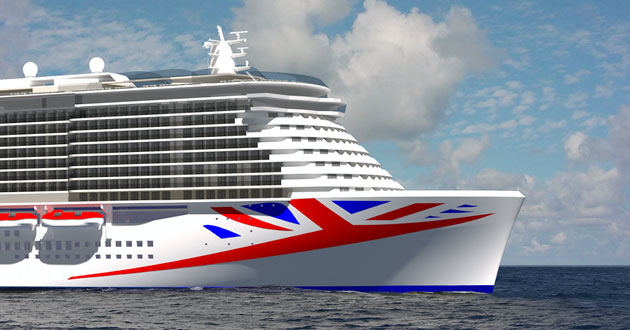

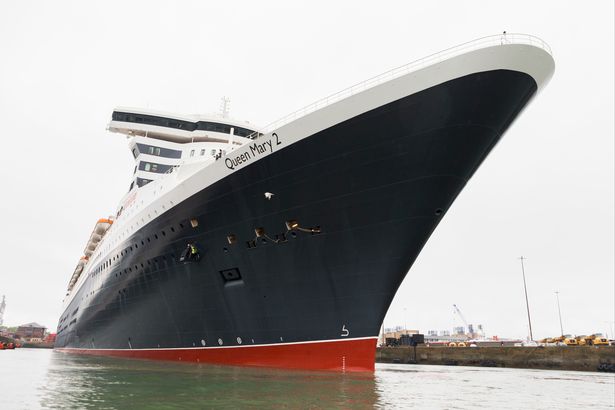
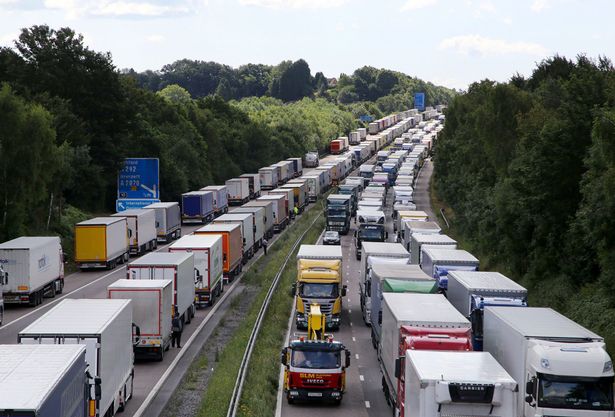
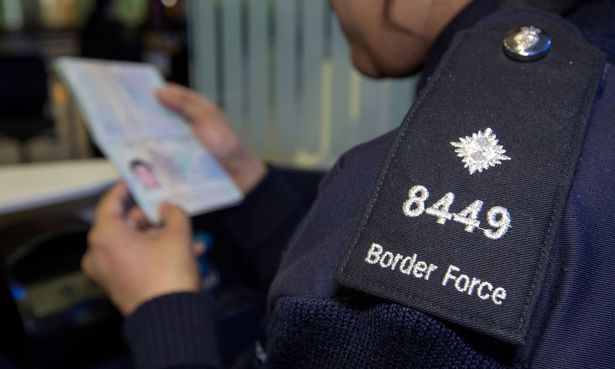
Comments
Post a Comment